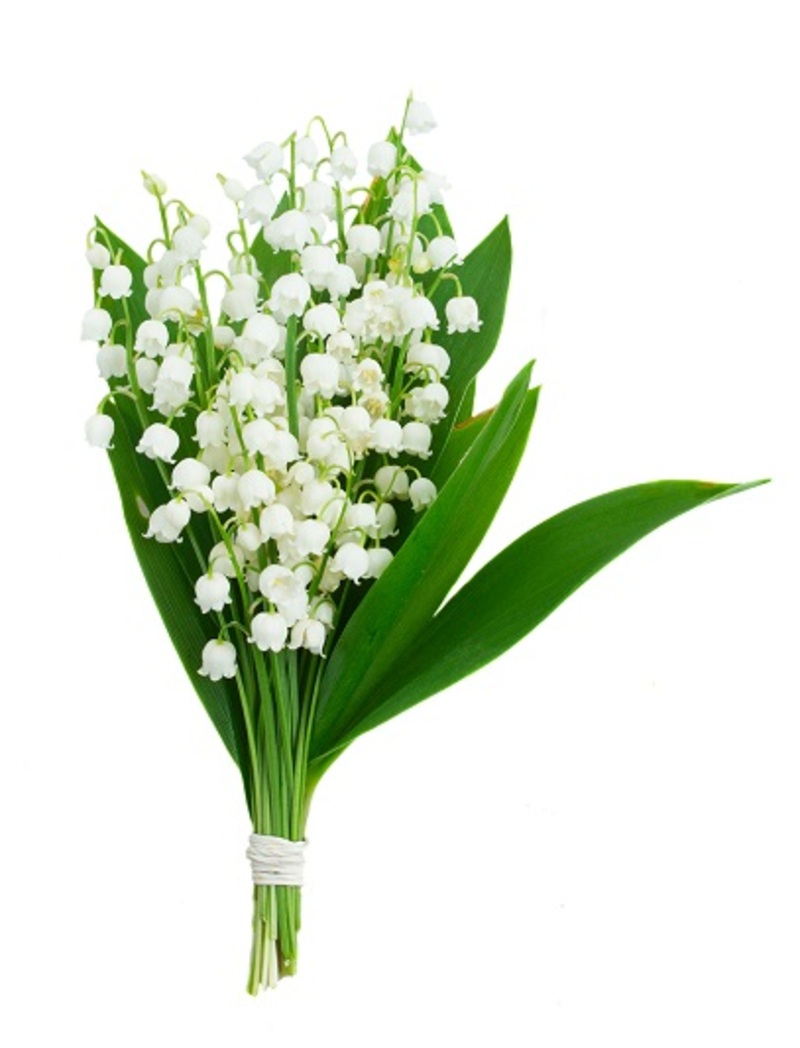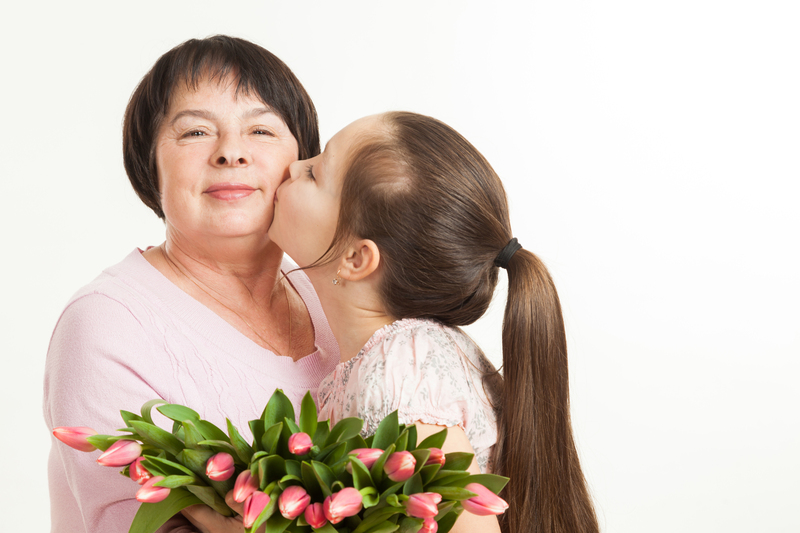The Everyday Benefits of Keeping Flowers for Emotional and Mental Health
Flowers have been cherished by people from all walks of life for centuries, not only for their exquisite beauty but also for their positive impact on our emotions and well-being. Recent scientific studies and anecdotal evidence alike confirm that the simple act of keeping flowers in your living or working space can greatly benefit your mental health and emotional balance. In this comprehensive article, we will explore the various everyday benefits of keeping flowers for emotional and mental wellness, practical tips for incorporating florals into your routine, and answer common questions about how flowers help foster positivity and inner calm.
How Flowers Affect Our Mood and Mind
Flowers are more than just decorative items; they are powerful tools for emotional and psychological support. They can instantly brighten up a room, spark joy, and even improve our overall mental state. Here's how:
- Visual beauty stimulates positive emotions
- Natural colors and shapes promote relaxation
- Their scent can trigger fond memories and soothe anxiety
By exposing ourselves to flowers daily, we are constantly reminded of nature's simplicity and serenity. This helps in reducing the levels of stress and anxiety, especially when we live fast-paced urban lives.
The Science Behind It
Research consistently indicates that flowers have a measurable impact on emotional health. A series of studies conducted by Rutgers University found that people who received flowers experienced an immediate improvement in mood, increased social interaction, and even better memory recall in elderly participants. Moreover, exposure to flowers and plants has been shown to lower the levels of cortisol, the body's main stress hormone.

Key Mental and Emotional Health Benefits of Keeping Flowers
Placing flowers in your home, office, or personal space has inestimable daily benefits for your mental and emotional wellbeing. Below, we'll discuss some of the most notable advantages:
1. Stress Reduction
Living in a fast-paced environment can lead to chronic stress, which may cause both mental and physical health problems. Research shows that simply looking at beautiful flowers can help lower stress levels. The soothing colors, delicate textures, and calming fragrances of various blooms trigger the parasympathetic nervous system, which helps the body relax and unwind.
- Colors like blue and lavender are particularly effective in promoting calmness.
- Just a weekly bouquet can create a peaceful atmosphere at home or work.
- Daily exposure to fresh flowers is linked with a more positive outlook on life.
2. Boosting Mood and Happiness
Numerous studies demonstrate that keeping flowers around can lift your spirits and enhance your happiness. A Harvard University study found that flowers can decrease feelings of anxiety and depression over time. Witnessing the vibrant appearance of flowers every day subconsciously triggers feelings of delight. This simple act can be especially beneficial during gloomy weather or difficult periods in life.
3. Encouraging Mindfulness and Presence
Caring for flowers fosters a sense of mindfulness. The act of arranging, watering, and tending to blooms encourages you to be present in the moment, to appreciate the delicate details, and to slow down. This mindfulness practice translates to other aspects of life and helps reduce mental clutter.
- Mindful activities decrease excessive worrying and rumination.
- Watering and arranging flowers becomes a daily calming ritual.
4. Enhancing Creativity and Productivity
Did you know that keeping flowers and indoor plants have been linked to greater creativity and increased productivity? According to a Texas A&M University study, people working in offices with plants and flowers generated more creative ideas and solved problems more efficiently than those in plant-free environments.
Floral displays stimulate the imagination, calm the mind, and help you focus, creating a more balanced workflow -- vital for remote workers and busy professionals.
5. Improving Social Connection
Flowers are universal symbols of love, care, and gratitude. Their presence prompts positive social interactions. Whether giving or receiving flowers, these actions evoke feelings of appreciation and strengthen social bonds. Many cultures use flowers in greetings, celebrations, and rituals, further emphasizing their role in emotional wellbeing and connection.
Different Types of Flowers and Their Unique Benefits
Different flowers can offer distinct psychological effects due to their color, scent, and cultural meanings. Here are some popular types of flowers for mental and emotional health:
- Roses: Symbolize love, reduce anxiety, and offer a soothing scent that can calm nerves.
- Lavender: Renowned for stress-relief and its gentle fragrance, ideal for bedrooms or relaxation areas.
- Sunflowers: Their bright yellow color and strong stems are associated with positivity and upliftment.
- Lilies: Known for their elegance and ability to promote pure, tranquil emotions.
- Jasmine: Famous for combating depression and insomnia due to their intense fragrance.
Choosing the right flower for your space can enhance the specific benefit you need, whether it's calm, energy, or joy.
Simple Ways to Incorporate Flowers Into Your Daily Life
Ready to enjoy the daily emotional and mental health benefits of flowers? Here are easy ways to bring more blooms into your everyday routine:
- Keep a vase of fresh flowers on your kitchen table or workspace - It serves as a constant visual reminder of nature's beauty.
- Arrange flowers in your bedroom for a gentle start and end to your day.
- Gift flowers to loved ones - Strengthen relationships and spread happiness.
- Incorporate floral prints and designs into your home decor if real flowers aren't practical.
- Grow potted plants and flowers on your balcony, windowsill, or garden.
Get Creative: More Floral Ideas for Mental Wellness
- Dry your favorite flowers for handmade crafts and long-lasting displays.
- Join a flower-arranging or gardening class to gain new skills and meet like-minded people.
- Incorporate essential oils and natural floral scents to mimic the effects of fresh blooms.
Even a small bunch of flowers on your desk can serve as a daily prompt to slow down, breathe, and appreciate the moment. This simple upgrade can transform your environment and elevate your emotional state.
The Everyday Rituals: How Flowers Help Structure Positive Habits
Beyond their direct effects, flowers contribute to the creation of healthy daily habits. Many people establish small rituals such as changing water, trimming stems, or arranging bouquets. These acts, though minor, create consistency and focus. They serve as powerful cues for daily mindfulness, gratitude, and self-care. In fact, cultivating these rituals is a proven way to balance emotions and maintain mental clarity.
The Power of Giving and Receiving Flowers
Not only do flowers brighten individual lives, but they also thrive as tools for social and emotional connection. Both the person giving flowers and the recipient experience surges of happiness, gratitude, and belonging. According to research, receiving flowers can help recipients feel less lonely, more optimistic, and more inclined to connect with others.

Frequently Asked Questions about Flowers for Emotional and Mental Health
How many flowers do I need to see a benefit?
Even a single bloom can serve to uplift your mood and provide emotional comfort. There's no fixed "optimal number," so choose what fits your personal style and space.
How long do the benefits of keeping flowers last?
Benefits can be felt as long as flowers remain fresh and visually appealing. Integrating flowers as a recurring part of your routine can provide ongoing emotional support.
Are artificial flowers effective for mental health benefits?
While artificial flowers can improve visual appeal and trigger some positive feelings, the authentic scent, touch, and living energy of real blooms produce stronger, scientifically supported effects for emotional and mental health.
Can flowers help with depression or more serious mental health issues?
Flowers can be part of a holistic approach to mood enhancement, promoting an uplifting environment. However, they should not be seen as a standalone solution for clinical depression or serious mental conditions; professional help and support are still essential.
Final Thoughts: Embracing Floral Joy for Mental Resilience
The beauty of keeping flowers is their remarkable simplicity - yet their power to inspire happiness, calm, social connection, and emotional resilience is profound. With modern research backing up what ancient wisdom always knew, it's clear that flowers belong at the heart of our daily self-care routines. Whether you choose to fill your home with vibrant bouquets, nurture a garden, or simply appreciate a single delicate bloom, bringing flowers into your life can be a daily act of emotional enrichment and a step toward sustainable mental wellness.
- Prioritize self-care through small floral rituals and arrangements.
- Create a floral corner in your living or work space for ongoing calm and focus.
- Share the positivity by giving flowers to friends and loved ones.
Remember: The everyday benefits of keeping flowers for emotional and mental health are accessible to everyone. Start small, experiment, and soon you'll notice an uplift in your mood, productivity, and overall well-being - all thanks to the enduring magic of flowers.
Let your every day blossom with emotional joy and serenity by welcoming flowers into your life!

